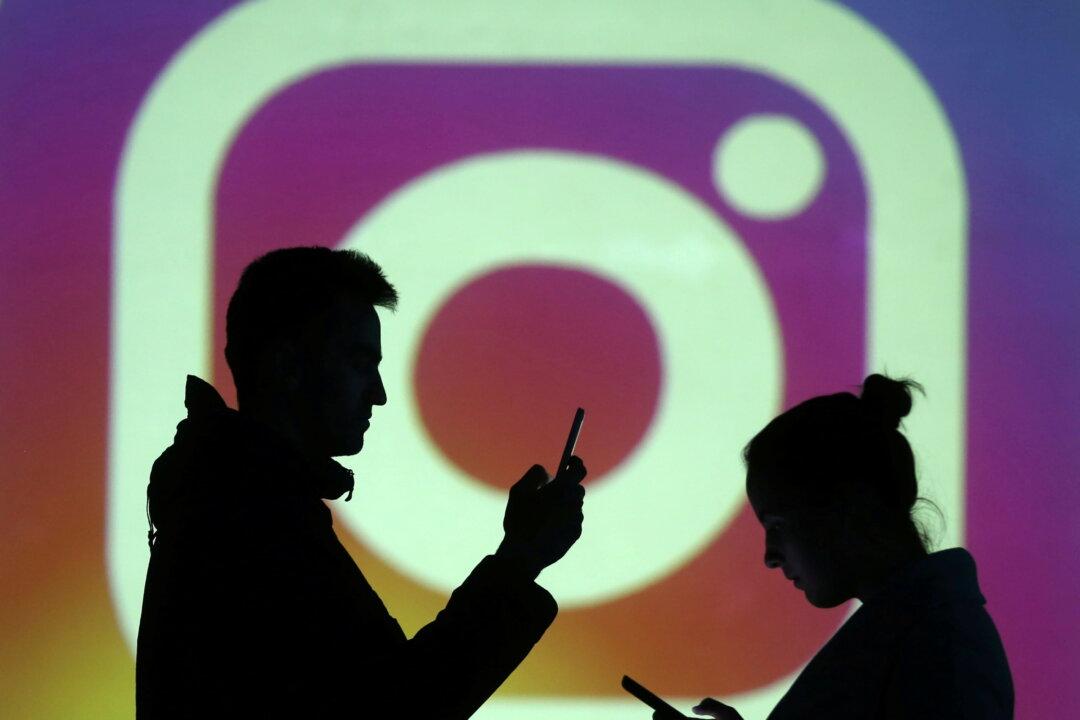Tesla CEO Elon Musk took aim at a major social media platform again, on Sept. 12, using Twitter to call out rival platform Instagram as an “envy amplifier,” echoing both his own previous remarks and the criticisms of other whistleblowers who have singled out Instagram as a uniquely toxic platform.
Musk directed his remarks in response to an unrelated clip posted by CEO Austen Allred (founder of the Lambda School), in which Berkshire Hathaway Vice Chairman Charlie Munger argues that envy, not greed, is the primary motivator of human activity.





